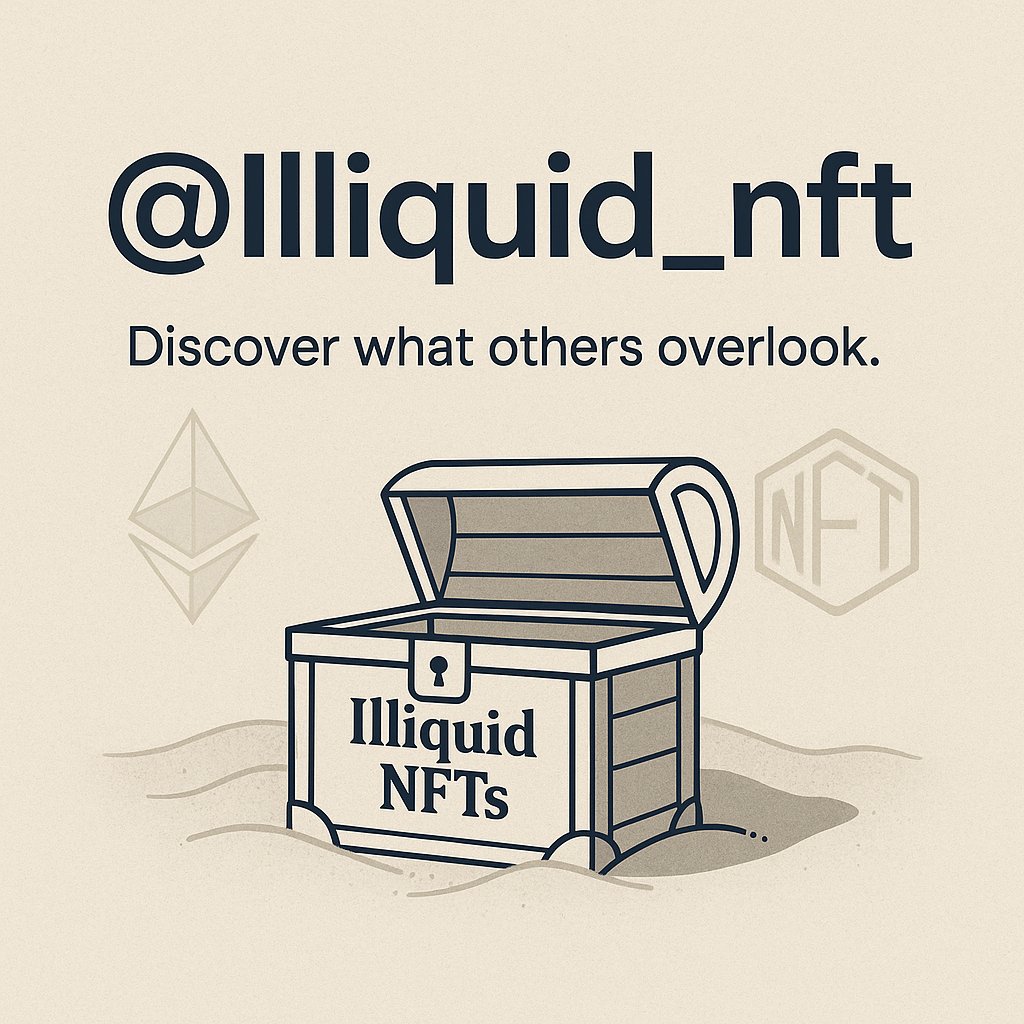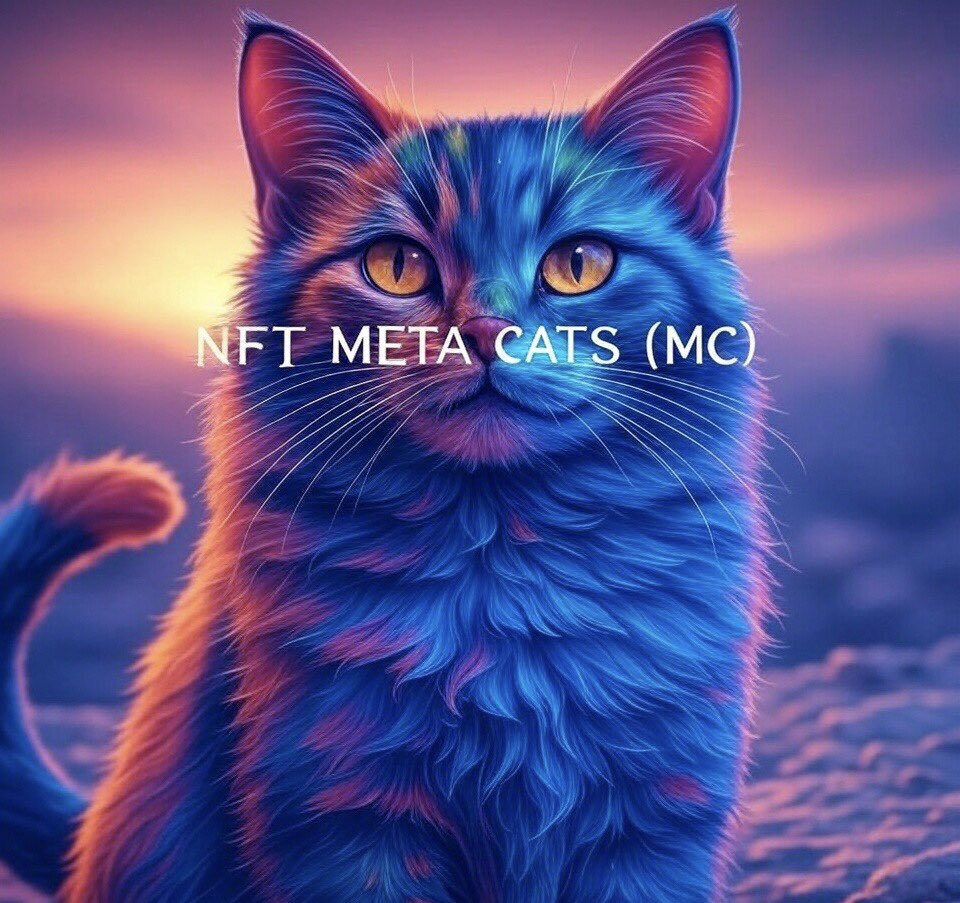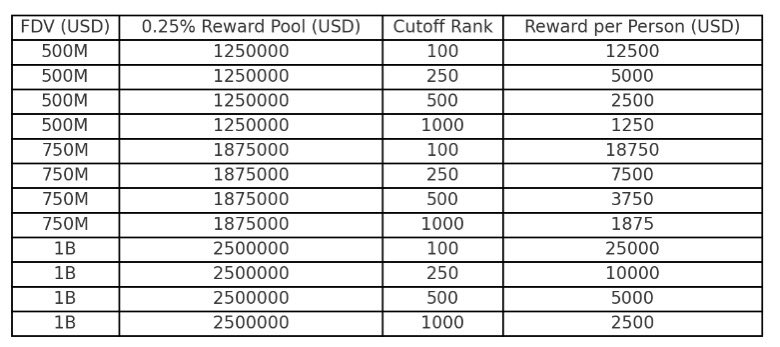Exploring the Synergy Between AI and Blockchain: Transforming Digital Trust and Security
—
Opening the Door to a New Era
The fusion of Artificial Intelligence (AI) with blockchain technology is no longer a futuristic concept—it’s a present-day reality reshaping how industries approach trust, transparency, and security. While each technology alone carries vast potential, their integration promises to surmount some of the most persistent challenges in digital ecosystems, forging paths toward smarter, safer, and more efficient systems.
Whether you’re a casual observer or an active participant in tech, understanding this alliance reveals how our digital future might unfold.
—
The Complementary Strengths of AI and Blockchain
At their cores, AI and blockchain serve different purposes but possess remarkable complementary abilities:
– AI’s Power: Designed to analyze vast datasets, uncover patterns, adapt to changes, and make intelligent decisions faster than humans.
– Blockchain’s Strength: A decentralized, immutable ledger that ensures transparency and trust by recording every transaction or data manipulation.
When combined, these technologies create a synergy where AI gains access to trustworthy, tamper-proof data repositories, while blockchain benefits from AI’s analytical prowess to enhance network security and optimize processes.
—
Practical Applications Unfolding Today
1. Smarter Fraud Detection and Cybersecurity
Cybercrime is ever-evolving, and traditional defenses often struggle to keep pace. AI algorithms trained on blockchain data can detect anomalies in transaction patterns in real-time, flagging suspicious behavior before damage escalates. Unlike conventional systems prone to false positives or blind spots, the transparency and traceability of blockchain records empower AI models to learn from verified data, sharpening their accuracy.
2. Enhanced Supply Chain Transparency
Supply chains are complicated webs frequently marred by opacity. Blockchain paired with AI enables comprehensive tracking of goods across every node, from origin to consumer, while AI predicts risks such as delays or fraudulent substitutions. This combined insight helps businesses make proactive decisions, reducing losses and boosting consumer confidence.
3. Automated and Verified Smart Contracts
Smart contracts execute automatically when conditions are met but are only as reliable as their code. AI-driven tools can audit and even generate smart contract code, identifying vulnerabilities or inconsistencies before deployment. When hosted on a blockchain, this process ensures contracts remain trustworthy and tamper-proof.
4. Personalized Decentralized Finance (DeFi)
The DeFi sector thrives on financial innovation, yet comes with risks due to volatility and malicious actors. AI can analyze market trends and individual risk profiles to tailor investment strategies, while blockchain guarantees the transparency and enforcement of agreements. This dynamic empowers users with customized portfolios that adapt responsively to market changes.
—
Challenges and Considerations
Despite the promise, integrating AI and blockchain is not without hurdles:
– Data Privacy vs. Transparency: Blockchain’s open nature contrasts with AI’s need for vast, sometimes sensitive data. Balancing user privacy with data availability requires nuanced solutions like federated learning or zero-knowledge proofs.
– Computational Demands: Both AI training and blockchain consensus mechanisms can be resource-intensive, leading to questions about scalability and environmental impacts.
– Standardization and Interoperability: Divergent blockchain protocols and AI frameworks pose integration difficulties. Developing common standards remains vital.
– Ethical and Regulatory Issues: The interplay raises new concerns over accountability, especially when autonomous AI agents interact on a decentralized platform.
—
Looking Toward Tomorrow: A Collaborative Future
The AI-blockchain duet embodies the next frontier in digital technology innovation. We stand on the threshold where machines not only learn and adapt but do so in an ecosystem defined by trust and transparency. This partnership has the potential to redefine industries from healthcare to finance, governance to entertainment.
In this emerging landscape, collaboration among developers, regulators, businesses, and users is crucial to harness benefits responsibly while mitigating risks.
—
Closing Thoughts
Artificial Intelligence and blockchain technology, once siloed in their domains, now intertwine to tackle challenges like fraud, inefficiency, and mistrust that have long plagued digital spaces. By combining AI’s cognitive abilities with blockchain’s decentralized integrity, we inch closer to a future where technology works smarter and fairer for all.
As this synergy evolves, keeping an eye on ethical implications, championing innovation, and fostering inclusive dialogue will be key to unlocking the true power of this transformative alliance.
—
Related Reading
– How AI is Enhancing Blockchain Security
– The Intersection of AI and Blockchain: Use Cases and Challenges
– Smart Contracts and AI: The Future of Automation
– Balancing Privacy and Transparency in AI-Blockchain Systems
—
Understanding the evolving dialogue between AI and blockchain equips us to participate in shaping technologies that will define tomorrow’s digital experience. What possibilities excite you most in this unfolding partnership?











